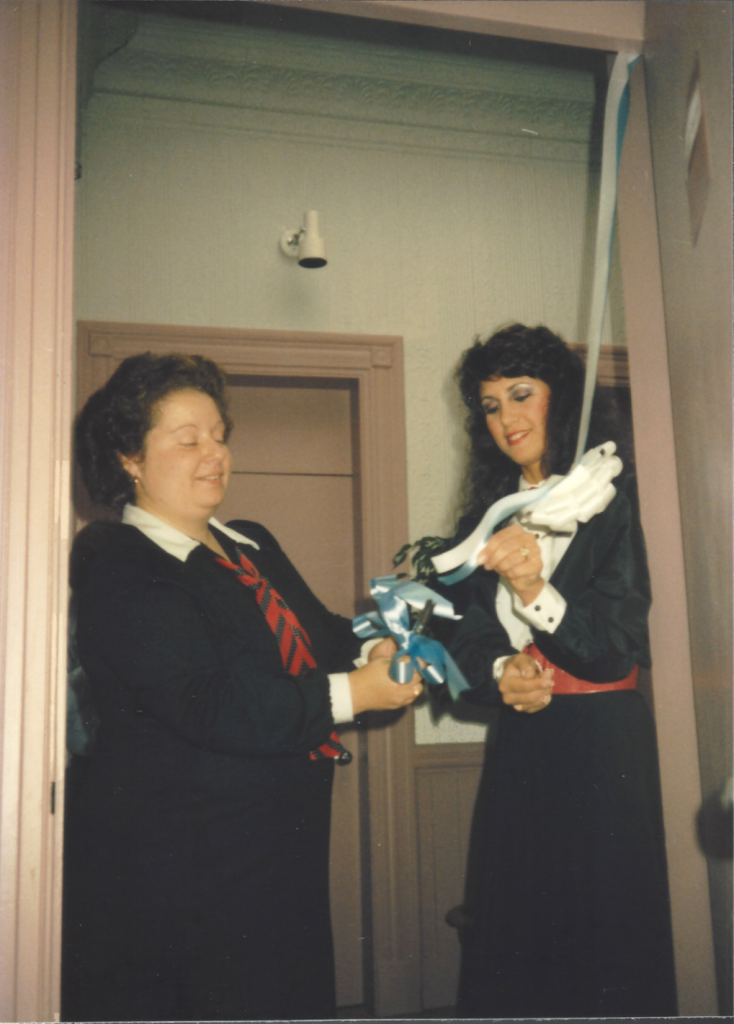When REACH was founded in 1981, it began with the idea that domestic violence can happen anywhere because it is part of the fabric of our society – it can happen in the leafy suburbs as in the big city, at the end of the long driveway, as well as in the apartment next door. There are so many reasons that survivors access support. There are those that flee and seek shelter and safety. There are those who stay and seek support to cope with the impact of abuse. There are those who left long ago and still struggle with the pain and guilt and shame, as well as the gaslighting, custody disputes, financial hardships, isolation, and for some, devastating injuries.
Working in community – to increase awareness, promote change and offer personalized support – is a fundamental aspect of our work. The community program at REACH includes individual support and advocacy as well as ongoing efforts to address the barriers faced by so many survivors and the structures that complicate their struggle to reach beyond domestic violence.
Often, when someone pictures a solution for domestic violence, they see a shelter. Providing shelter for survivors of domestic and sexual violence is a vital part of the work we do. The roof – and the beds and the kitchen and the laundry and playroom and family room – these spaces are the container for the advocacy work within. One year ago, we welcomed Isabel Rivera, a longtime colleague in this work, to our shelter team. As Director of Residential Programs, Isabel leads a team offering advocacy and support to families in the shelter. She brings years of experience working in shelter and in community to meet the needs of and support the goals of survivors.






